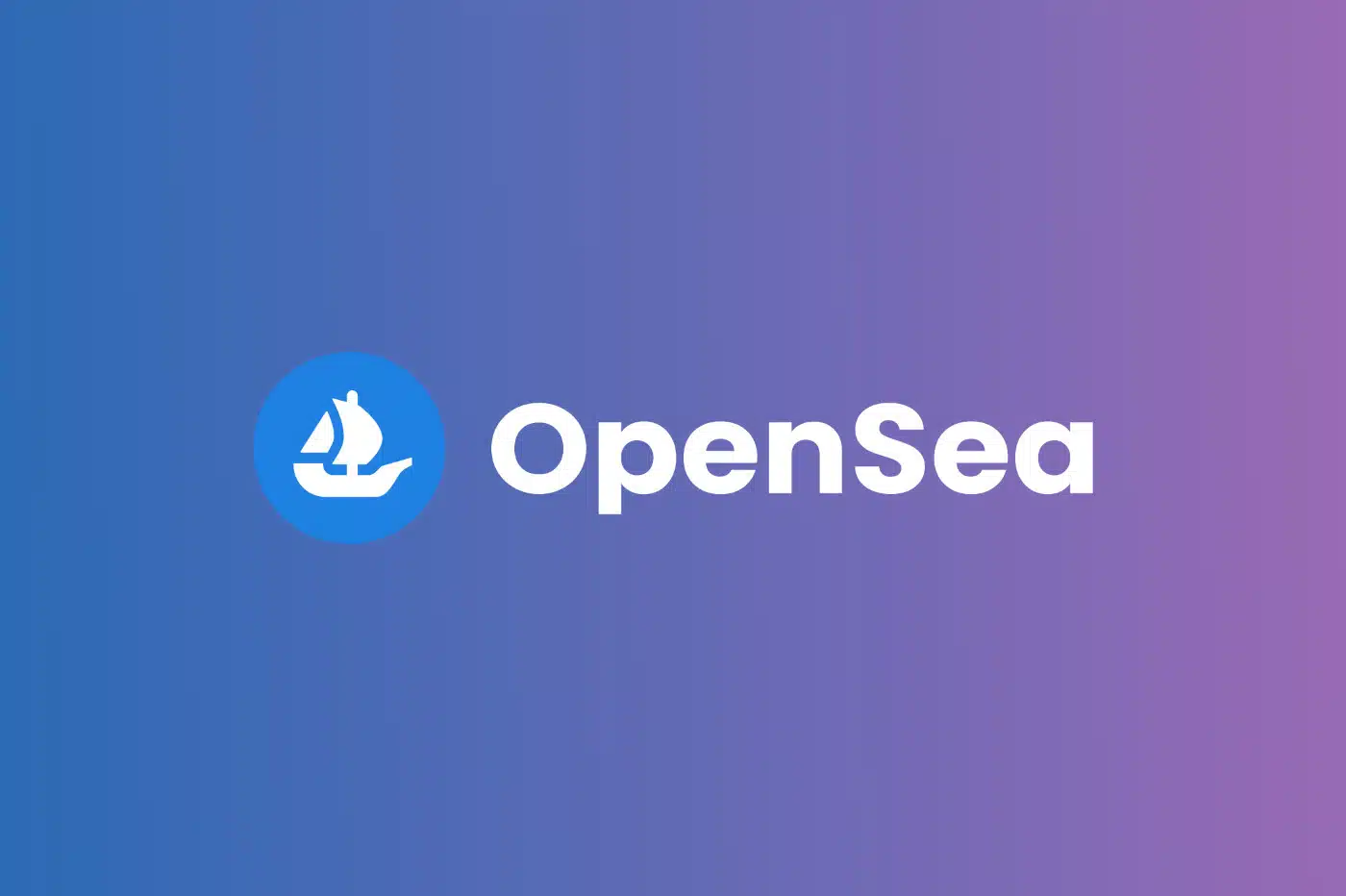- OpenSea pivots from NFTs to multi-chain crypto trading platform.
- Platform now supports token trading across 22 blockchains seamlessly.
- CEO Devin Finzer unveils plans for OpenSea 2.0 expansion.
OpenSea is stepping beyond its roots as a digital art marketplace, marking a decisive transformation into a full-scale crypto trading aggregator. The platform, once dominant in the NFT sector, now enables users to trade various tokens across 22 blockchains, including NFTs, memecoins, and cryptocurrencies, according to The Block.
The new model integrates liquidity from decentralized exchanges such as Uniswap and Meteora while maintaining a non-custodial framework. Users retain control of their assets, and OpenSea charges a 0.9% transaction fee for each trade. Instead of performing identity checks, the platform relies on blockchain analytics firm TRM Labs to monitor sanctioned or suspicious wallet addresses.
This shift comes after a difficult period for the company, which faced severe revenue drops and mass layoffs. Under CEO Devin Finzer, OpenSea’s pivot signals an effort to recover from the NFT market’s sharp decline, where trading volumes plummeted by more than 90 percent from their 2021 peak. Once-premium collections such as Bored Ape Yacht Club and CryptoPunks also suffered steep valuation losses.
Also Read: Ethereum’s Dankrad Feist Joins Tempo, a Payments-Focused Blockchain by Stripe and Paradigm
Rebranding for a New Era of Digital Assets
The latest overhaul represents a complete departure from OpenSea’s NFT-only identity. Reports indicate that in early October, the revamped platform processed about $1.6 billion in crypto trades and $230 million in NFTs, making it the company’s strongest month in three years. Meanwhile, former rival Blur, once known for fee-free trading, has seen activity drop by over 90 percent.
Finzer emphasized that the move reflects broader market realities. He described the rebrand as a way to align with the “risk-on” sentiment driving current crypto activity. The company’s vision is to create a unified space where users can seamlessly manage all their digital assets—from artwork and tokens to game items and meme coins.
Based in Miami, OpenSea now operates with about 60 employees and is preparing to launch a native token through an independent foundation. Additionally, the firm plans to introduce a mobile application under its “OpenSea 2.0” initiative. Finzer said the goal is to make crypto trading as straightforward as mainstream investing apps while remaining self-custodial.
OpenSea’s transformation underscores how the digital asset landscape continues to evolve beyond NFTs. The company aims to position itself where the broader crypto economy truly operates—bridging liquidity, accessibility, and user control in one platform.
Also Read: Ondo Finance Challenges Nasdaq’s Bold Move to Tokenize Stocks and ETFs
